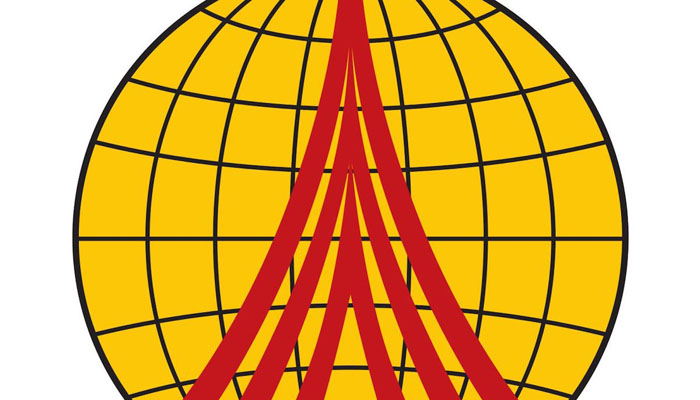The New York-based Journalists and Writers Foundation (JWF) has called on the international community to urge the Turkish government to repeal the country’s current counterterrorism laws, which it said have been abused by the Turkish government in a crackdown on the Gülen, or Hizmet, movement over the past several years.
In a newly released policy brief titled “Turkish Government’s Counter-terrorism Laws,” the JWF explains how an ongoing government-led crackdown on the Gülen movement has gone from bad to worse since a failed coup attempt on July 15, 2016.
The Turkish government accuses the Gülen movement of masterminding the failed coup attempt and labels it a “terrorist organization,” although the movement strongly denies involvement in the coup attempt or any terrorist activity.
In Turkey, hundreds of people have been detained or arrested every week since July 2016 for allegedly being members or sympathizers of the Gülen movement.
According to recent official data from the Ministry of Justice, at least 612,347 people (155,014 in 2016 and 457,423 in 2017) faced investigations on accusations of “founding, leading or being a member of terrorist groups,” as defined by Turkish Criminal Code (TCK) Article 314. Many of those arrested have been charged with membership in the Hizmet movement, while a few have been accused of links to the outlawed Kurdistan Workers’ Party (PKK). According to recent data compiled by the Stockholm Center for Freedom (SCF), since the attempted coup the government has arrested around 88,000 alleged members/sympathizers of the Hizmet movement, said the JWF report.
Listing the criteria used by the Turkish government to connect someone to the Gülen movement such as depositing money in Bank Asya (a legally operating bank until was closed down by the government in 2016), membership in Hizmet-related trade unions or associations, using encrypted communication applications such as ByLock, donating to Kimse Yok Mu, once Turkey’s largest aid organization, the report said that using one or a combination of two or more of these “criteria,” since the attempted coup until the end of December 2017, 159,506, individuals had been arrested in connection with the coup, including around 300 journalists. Additionally, 1,719 organizations were permanently closed, and some 166 media outlets were liquidated, including publishing houses, newspapers and magazines, news agencies and television and radio stations.
Even before the attempted coup of July 15, 2016, ill-defined or vague legislation adopted in Turkey aimed at the arbitrary banning of organizations and the curbing of otherwise legitimate activities as well as the targeting of journalists, human rights defenders, members of minority groups, members of the political opposition or other individuals, said the report.
In consideration of this, the JWF said the highly abusive counterterrorism laws in Turkey have arbitrarily deprived hundreds of thousands of law-abiding citizens of their liberty and placed many more in serious legal jeopardy on a range of serious “terrorism”-related charges.
The JWF called on the United Nations, Council of Europe, European Union and other international and regional mechanisms to urge the government of Turkey to review and immediately repeal all counterterrorism provisions in domestic legislation that are inconsistent with relevant standards and the principle of legality to ensure that national counterterrorism legislation is limited to the countering of terrorism as properly and precisely defined on the basis of the provisions reflected in international counterterrorism instruments, with strict adherence to the principle of legality; to observe the principle of legality when drafting counterterrorism laws and/or amending existing legislation; to immediately release tens of thousands of victims arbitrarily deprived of their liberty because of perceived links to the Hizmet movement; to provide for the enforceable right of the victims arbitrarily deprived of their liberty to compensation and other reparation, including for the impact on their physical and psychological integrity.



